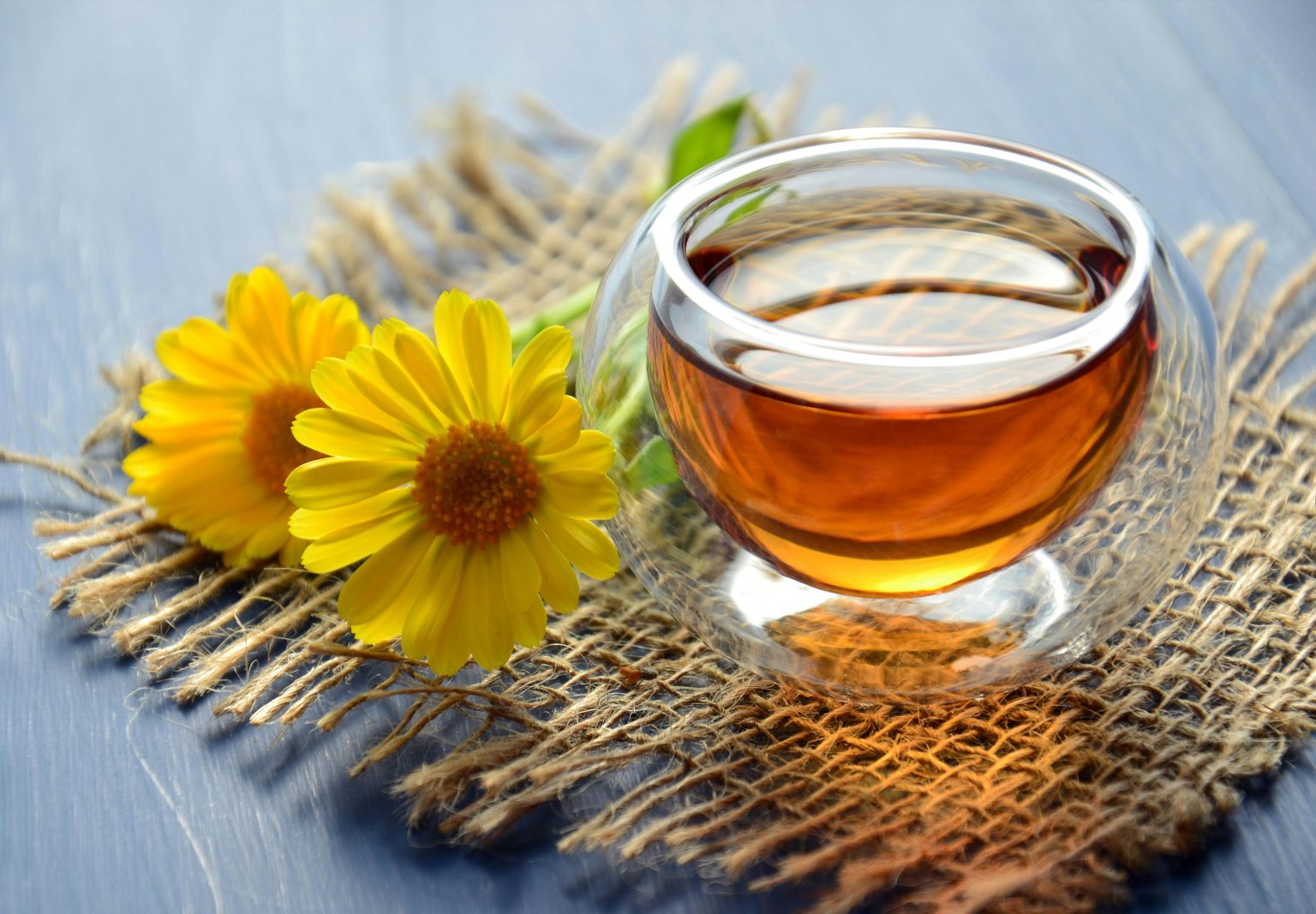Struggling to get a good night’s sleep can be frustrating. Whether it’s a racing mind or an uncomfortable sleep environment, it can feel impossible to switch off.
If you’ve found yourself exploring options to enhance your sleep, you’ve likely come across a variety of remedies. Among the most popular are herbal teas, but how do they stack up against other natural sleep aids?
Let’s take a closer look at how herbal teas compare to alternatives such as supplements, essential oils, and relaxation techniques.
Herbal Teas: A Natural Sleep Solution
Herbal teas have been used for centuries as a natural remedy for sleep. Popular sleepy tea brands like Cydno opt for chamomile, lavender, and passionflower teas, as these ingredients are known for their calming and sedative properties, making them ideal for those seeking a more restful night.
- Chamomile is known to reduce anxiety and promote relaxation, which can help ease the body into sleep.
- Lavender is another herb commonly found in sleep teas, praised for its ability to calm the nervous system and help reduce sleep disturbances.
- Passionflower is often used in sleep teas for its natural sedative properties, helping to increase GABA levels in the brain, which promotes relaxation and improves sleep quality.
One of the biggest advantages of herbal teas is that they’re non-habit forming and free from the harsh side effects that sometimes come with pharmaceutical options. They offer a gentle way to relax without causing grogginess the next morning.
Other Natural Sleep Aids: Supplements and Techniques
While herbal teas offer a straightforward and natural sleep solution, other remedies also deserve consideration. Supplements such as melatonin are commonly used to help regulate the body’s sleep-wake cycle. Melatonin is a hormone produced by the pineal gland, and when taken as a supplement, it can help induce sleepiness. Unlike herbal teas, which are generally milder, melatonin can have a stronger impact on sleep, but it is important to use it cautiously and only when necessary, as overuse can lead to dependence.
Essential oils are another popular natural remedy. Oils like lavender and cedarwood, when diffused or applied topically, are thought to promote relaxation and enhance sleep quality. The main advantage of essential oils is their versatility—you can use them in a diffuser, add them to a warm bath, or even apply them directly to your pillow for calming effects.
Relaxation techniques such as meditation, deep breathing exercises, or progressive muscle relaxation are also highly effective sleep aids. These practices work by reducing the mental and physical tension that can keep you awake at night. Meditation, in particular, is known for its ability to quiet the mind, making it an excellent choice for those whose sleep struggles are rooted in stress and anxiety.
Sleep the Natural Way: Finding What Works for You
Ultimately, the best sleep aid depends on your unique needs. If you prefer a gentle, soothing option, herbal teas can be a great addition to your bedtime ritual. If you’re looking for a more immediate impact, supplements or essential oils may offer the support you need. Combining these remedies with relaxation techniques can further enhance your chances of a restful night’s sleep.
By exploring and experimenting with different natural remedies, you can find the right combination that works for you, helping you sleep better and wake up feeling refreshed.
Keep in mind that natural sleep aids are most effective when used as part of a healthy sleep routine, including a comfortable environment and consistent sleep schedule.



